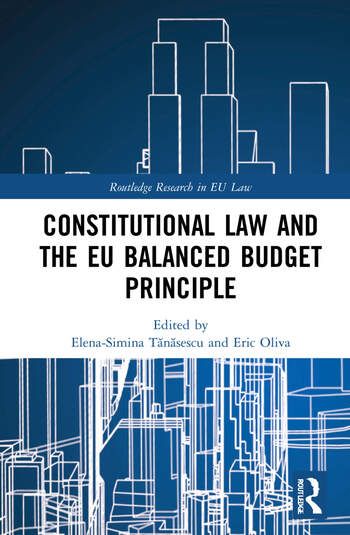
Through a series of essays, this book tests the efficiency of introducing the Treaty on Stability, Coordination and Governance in the Economic and Monetary Union or Fiscal Compact’s "golden rule" as positive legislation by assessing the concept of the balanced budget and its capacity to ensure budgetary discipline. It investigates the impact of the balanced budget rule on the separation of powers within the state, including on independent agencies, and analyses the impact of the balanced budget rule beyond the law, on democratic decision-making, as well as on the social model offered within the European Union. Providing a legal perspective on the concept of the balanced budget, this book offers critical evaluation of its impact on the existing national legal systems, as well as an evaluation of its relation with other political and social values to investigate the feasibility and effectiveness of the balanced budget principle as a legal and constitutional rule.